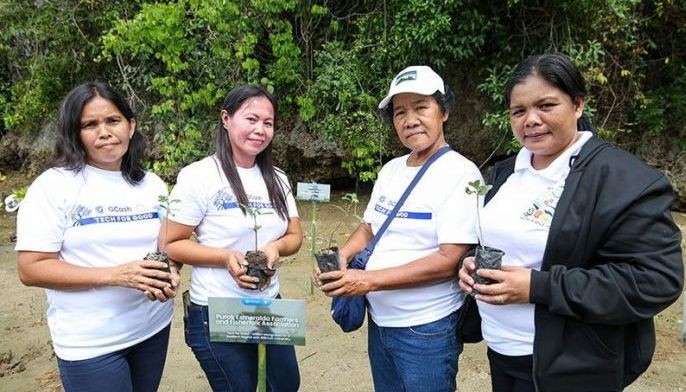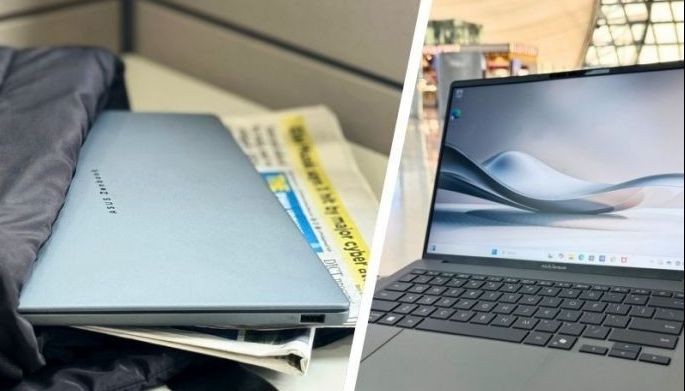The cops were only doing their job. There was a standing warrant of arrest for a certain Joey Filart, there was a sketch of the suspect based on a lone witness' description, and there was a certain Joey Filart of Isabela province who resembled the man on the sketch. So last Friday, Jose Velasco Filart III, 26, was arrested by the police in San Mariano town, Isabela, then taken to Metro Manila where he was booked for the 1991 deaths of Estrellita Vizconde and her daughters Carmela and Jennifer.
 There was only one problem: Jose "Joey" Filart III had already been apprehended for the same offense in 1995 by the National Bureau of Investigation, but was freed when Jessica Alfaro, the star witness in the Vizconde killings, said the NBI had nabbed the wrong guy. Six men led by Hubert Webb were sentenced to life terms last Jan. 6 by the Parañaque Regional Trial Court for the celebrated case. Only Filart and a certain Artemio Ventura remain at large. So the Philippine National Police's zeal in getting Filart is understandable. Last Sunday night, however, Alfaro confronted the arrested Filart at the Parañaque jail and said that for the second time, the wrong guy had been arrested.
There was only one problem: Jose "Joey" Filart III had already been apprehended for the same offense in 1995 by the National Bureau of Investigation, but was freed when Jessica Alfaro, the star witness in the Vizconde killings, said the NBI had nabbed the wrong guy. Six men led by Hubert Webb were sentenced to life terms last Jan. 6 by the Parañaque Regional Trial Court for the celebrated case. Only Filart and a certain Artemio Ventura remain at large. So the Philippine National Police's zeal in getting Filart is understandable. Last Sunday night, however, Alfaro confronted the arrested Filart at the Parañaque jail and said that for the second time, the wrong guy had been arrested.
Filart could only weep with relief after he was freed the other day. His life isn't totally ruined -- he had a high-profile arrest but an equally high-profile exoneration. But he did spend about two days behind bars, during which he and his relatives suffered. It's bad enough that three sets of suspects were arrested for the Vizconde case before Webb and the others were convicted. Now a man has been apprehended twice for the same offense and cleared by the same witness.
This could have been avoided with a little coordination between the PNP and the NBI. Even before he was flown to Manila, Filart and his relatives had already informed the arresting officers that he had once been invited for questioning and cleared in the Vizconde case. A phone call to Manila or an inquiry coursed through the nearest NBI field office could have verified this claim. It's no secret, however, that there is competition between the PNP and the NBI, something akin to sibling rivalry. Filart's case should convince these two agencies that cooperation can go a long way in saving law enforcers from embarrassment, and innocent civilians from ordeal.




